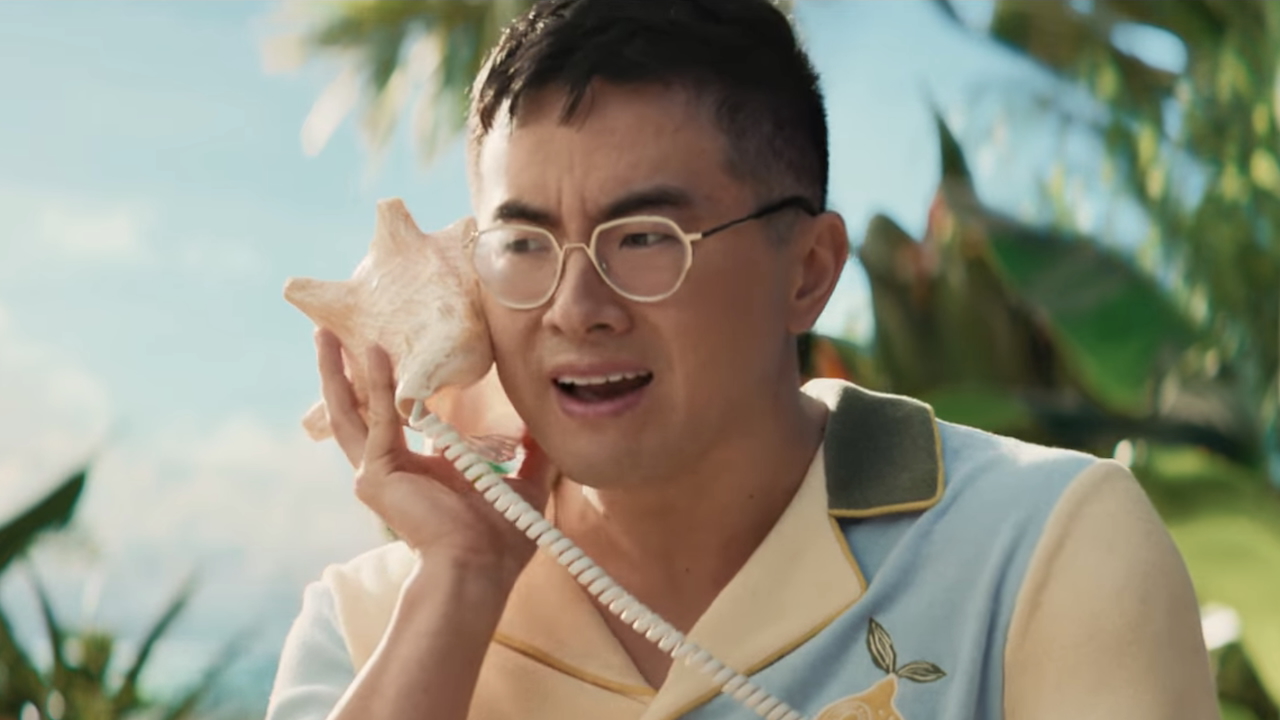5 Major Gaming Problems We Didn't Have To Deal With As Kids
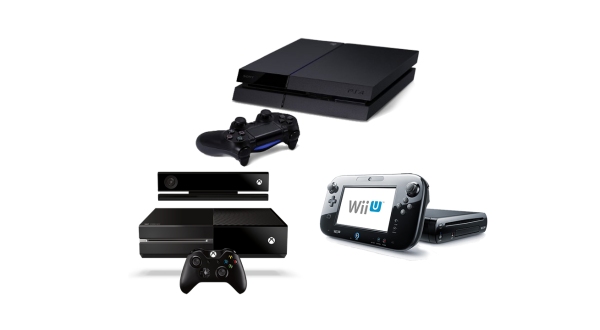
Your Daily Blend of Entertainment News
You are now subscribed
Your newsletter sign-up was successful
There are some great things about today's generation of gaming: Ease of access to online digital distribution, continued support from developers with post-release patches, multiple driver updates configured to help your hardware run the game the way it was meant to be played, etc.
However, there's also a dark side to today's generation of gaming... things that gamers have to deal with that they didn't have to content with back in the day. These are the five major problems in gaming that we didn't have to deal with when we were growing up as kids.
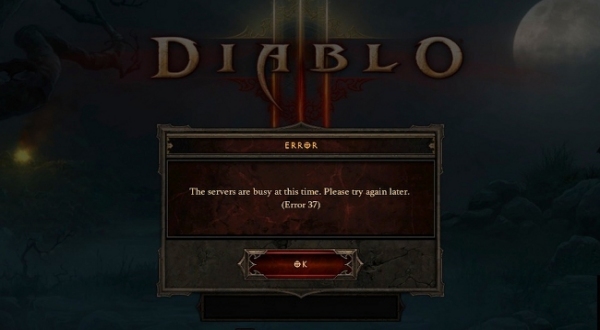
Digital Rights Management
Back in the day it was called “copyright protection”. Gamers would be required to search through the game manual and find a certain word on a certain page in a certain sentence to insert the code and proceed to play the game. These days we have DRM, or digital rights management. It's effectively the same thing insofar that if you don't have a legitimate copy of the game, you won't have an easy time of playing said game. However, there's a major downside: sometimes it doesn't work and honest consumers get shafted.
Recent examples of games not working as intended due to DRM is something like Dark Void, which constantly has an influx of new, angry gamers every time they picked the game up during a digital sale only to find that the third-party DRM vendor no longer distributes working keys without contacting customer support or Capcom first. Basically, without a working key, you have a dud. Other examples of poorly or non-functioning DRM included Games For Windows Live, Diablo III's always-on DRM – where you couldn't even play single-player without logging in – and a recent issue where G2A distributed some Ubisoft games where the keys turned out to be fraudulent and Ubisoft revoked access to those keys through Uplay's remote DRM feature after customers purchased the games, resulting in the games no longer functioning for a time. Definitely stuff you never had to deal with back in the day.
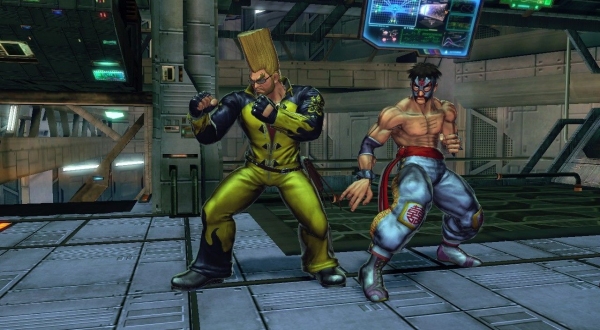
Downloadable Content
This feels like a two-edged sword. On one hand DLC is great for extending a game, but on the other hands there's way too much of it for some games where it feels like you spend more time browsing through the store to see if certain kinds of DLC is worth purchasing before you actually boot the game up and start playing. Worse yet is when DLC is located on the disc and locked behind paywalls or is required to complete the game.
Your Daily Blend of Entertainment News
Street Fighter X Tekken was one of those cases where gamers felt like they were getting punched in the throat: the game had close to $100 worth of DLC stored right there on the game disc. You paid for the game and then you had to pay extra to unlock the content already completed on the disc. This short-lived tradition of on-disc DLC had a lot of gamers in an uproar. There was also difficulty modes stripped and re-sold as DLC in the Metro games, as well as Asura's Wrath selling the final ending as separate DLC. There was never a time in the olden days, especially on the Sega or SNES, where you had to wonder “Will have I pay extra to get the full game?”
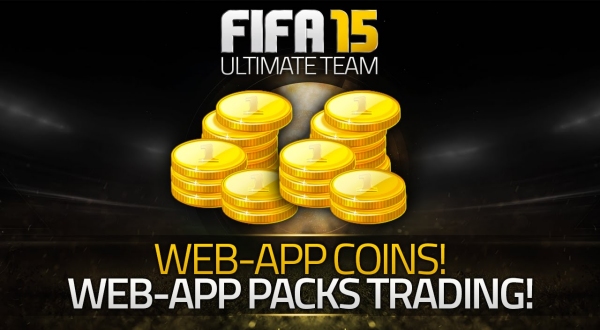
In-App Microtransactions
Very similar to DLC, in-app purchases or microtransactions are tiny bits of purchasable content usually found in mobile games and free-to-play titles. Need some extra in-game money? You can buy 100 coins for $10. Need extra players for your team or a new hero? Awesome, just plop down $20 and they're all yours. How about some color customization options or character accoutrements? A few bucks and they're all yours just with a few clicks of the mouse button. But it gets worse... much worse.
There was a recent case of a young teenager who charged $4,500 to his father's credit card account through the in-app microtransactions in EA's FIFA game. It's one of many cases where parents will attach a credit card to an account but allow their kids to play the game or device. Companies clean up big when kids mistakenly purchase things out of the cash shop, not entirely aware that every little purchase is billing their parent's account. This problem got so bad that various consumer trade body organizations had to step in and start regulating how publishers are allowed to use in-app purchases in some regions. You never had to worry about going to the cash shop to buy more rings in Sonic.
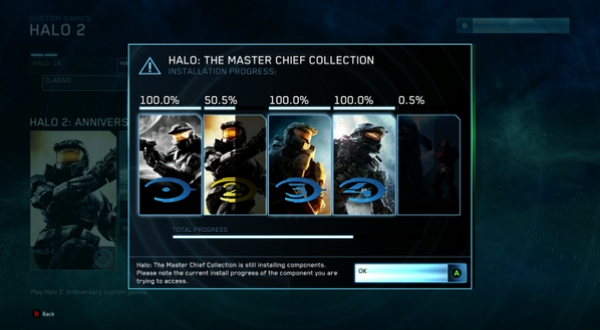
Day-One Patches
One of the big things that get defended in today's gaming scene is day-one patches. It's understandable in a sense because back in the day you couldn't patch a game. Cartridges on the TurboGrafx 16 or CDs on the 3DO were subject to whatever state they were released in. However, back then the fact that games couldn't be patched meant they had to about as perfect as possible on release. No second chances. In today's gaming scene it's more of a “launch now; fix later” mentality that has permeated all forms of gaming.
Some of the worst examples of this is with Halo: The Master Chief Collection, launching broken and staying broken for many months on end where players weren't able to play the multiplayer portion of the game decently for quite some time. Assassin's Creed Unity also required months' worth of patches before it was brought up to par. If you don't have a decent internet you can also forget about playing your game out of the box if you're required to download a 10GB day-one patch. It's become a standard for most major console releases and a hassle for anyone who just wants to buy a game, plop it in and play it right out of the box.
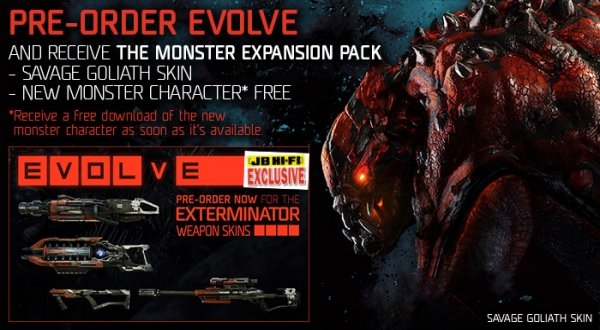
Pre-Order Culture
This is probably one of the worst offenders on the list next to the DRM. Pre-order culture has always existed in gaming but it was different back in the day. Long ago and far away you would pre-order a game and it just guaranteed that you were eligible for picking it up on release after having paid for it in advance. Today, however, the pre-order culture isn't just about reserving a copy or paying in advance, it's about getting the whole game.
There are now pre-order exclusives, pre-order retailer bonuses and pre-order DLC. Evolve had one of the more ridiculous pre-order schemes, where they inordinate amounts of pre-order DLC available. Sometimes pre-ordering a game from a different retailer rewards you with a different map, or skin, or character... or in some cases, a completely new and playable story branch in the game, like Batman: Arkham Knight and the Red Hood pre-order bonus. There's also the issue of pre-ordering unlocking certain multiplayer benefits, such as experience boosts or extra weapons, creating an unfair landscape in the competitive scene for people who pay more upfront or pledge their funds to an unfinished game. What's worse is that pre-ordering these days doesn't even guarantee that the game will be playable on launch. Remember SimCity?
Staff Writer at CinemaBlend.

